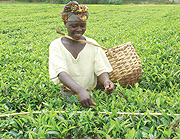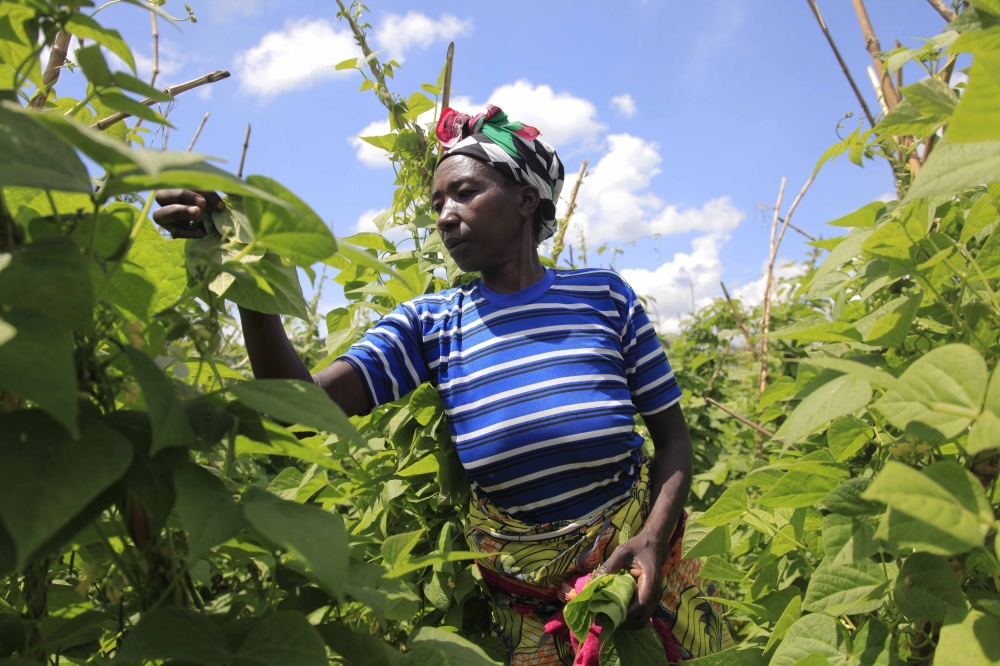Rwanda Tea Authority (OCIR THE), has embarked on branding and diversifying its tea with the objective of moving the Gross Domestic Product (GDP) for the tea farmer from the present USD250 per annum to the Vision 2020s USD900 per annum.


Rwanda Tea Authority (OCIR THE), has embarked on branding and diversifying its tea with the objective of moving the Gross Domestic Product (GDP) for the tea farmer from the present USD250 per annum to the Vision 2020s USD900 per annum.
The agency also intends to add value on the product so as to increase its current average prices of USD2.3 registered last year. This according to Ocir-The, will also be achieved by looking for direct markets outside.
About 62 percent of Rwanda’s tea is sold through the Mombasa Auction market and only 37 percent of the total sales are by direct sale while the local sales account for only one percent.
Despite offering some of the best grades at the weekly auction market, Rwanda’s threat comes from a potential production surplus on the world market over the next decade.
It is said that if Vietnam and other tea producing countries continue to increase their production capacity at current growth levels, there is a tangible risk that the tea market will experience a similar drastic price decline as that of coffee in the recent past.
Rwanda is currently fully dependent on the volatility of the world market price because most of the tea is traded through the auction system.
If Rwanda does not develop an added value tea product, the country is bound to make losses from the CTC quality, which is said to be declining constantly.
And if by next year there is significant overproduction, as it is highly anticipated and coupled with the impact of the global financial crisis, the price effect is predictable and without changes in its strategy Rwanda would certainly suffer economically from such a development.
The strategies of rigorous marketing, heavy investment in the sector and re-branding of the product embarked on by the tea agency will play a major role in helping our country to move away from a simple commodity bulk tea producing country towards a sophisticated tea industry with unique high quality products.
Ends




